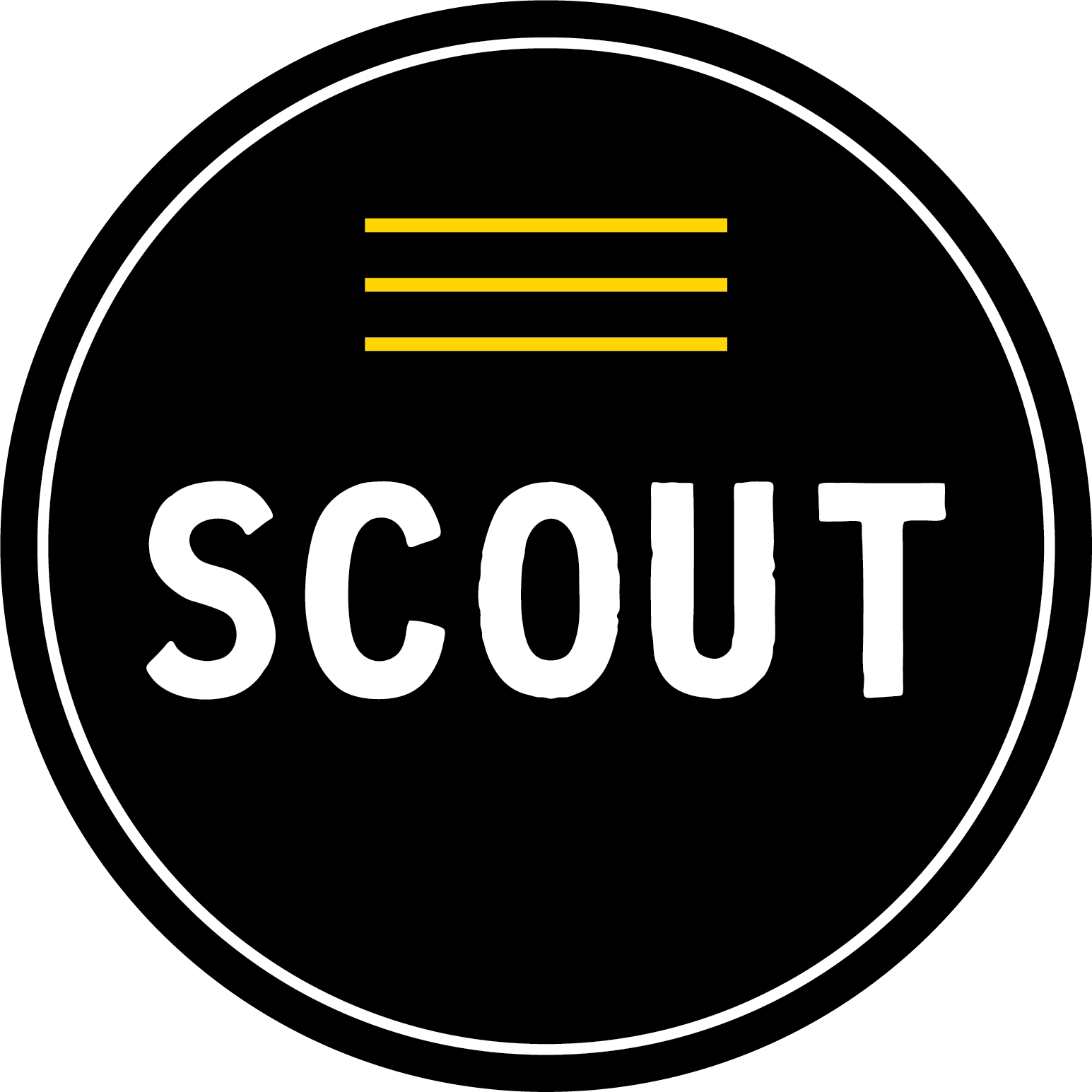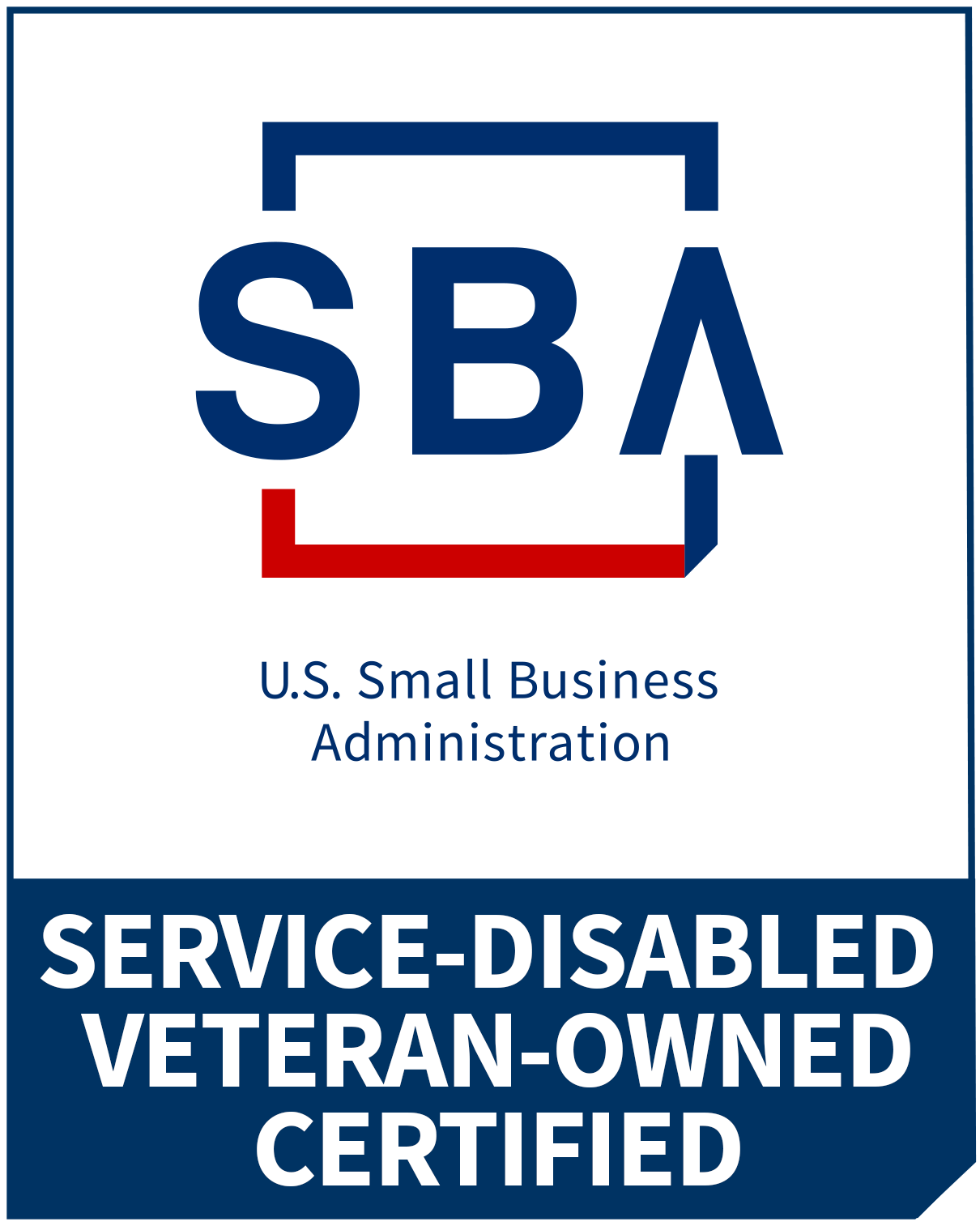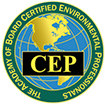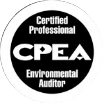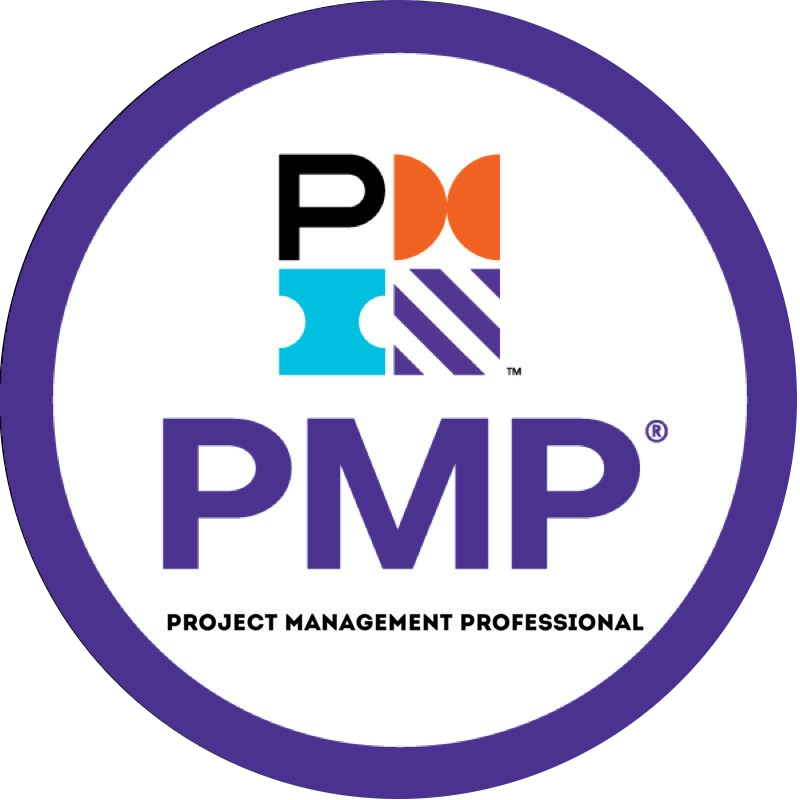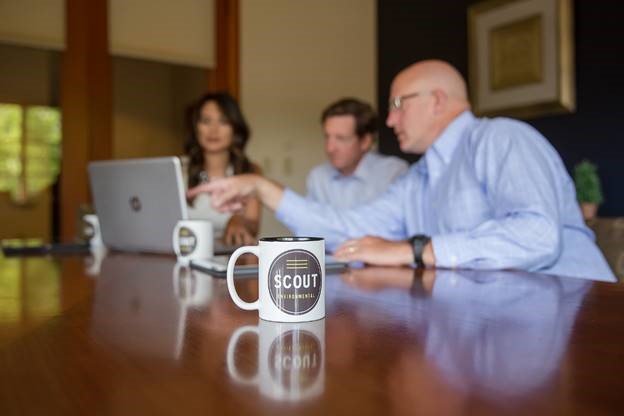First, you don’t have to go to law school to get into an environmental planning career. The reason I went to law school was because I was interested in environmental law. While I specialized in environmental law I was really drawn toward the consulting world, working with scientists and engineers helping clients find environmental solutions before litigation. Instead of the traditional law firm route, I’ve served as a civilian Marine Corps environmental planner and worked with large international environmental consulting companies before launching Scout Environmental. I’m often asked about advice on law school and my environmental planning path.
So here they are, my top tips for those considering going to law school or those considering an environmental planning career. Or both!
On Law School:
- Get law-related work experience before applying to law school. It’s just one of the many data points that can help guide you whether it’s a good fit for you.
- Consider the law school debt and the field in which you intend to specialize. If you’re interested in working for non-profit organizations, you might not want to go to that more expensive law school.
- While in law school get involved in a legal clinic, even if it’s not in a field that you’re considering. It provides hands-on-legal experience and gives back to the community.
- Get to know classmates, teachers, and staff. It’s a bit easier now through social media to stay connected and establish relationships. Seek ways to be engaged and be generous. It’s a small world.
- Study groups aren’t for everyone.
- It’s hard work but worth it.
On an Environmental Planning Career:
- There’s no one path to environmental planning. I’ve met environmental planners with a variety of backgrounds and degrees. While it definitely helps to have environmental courses or an environmental degree, it really depends on the type of sector with which you want to work. Environmental planners work in a variety of sectors such as being an environmental consultant in the private sector; city or county planning departments increasingly need environmental planners, either on staff or as consultants. Finally, numerous federal agencies such as the Department of Defense and Department of Energy have long term needs for environmental planners.
- Get involved with professional organizations to keep up on the latest environmental planning developments. Again, there’s a wide variety of environmental fields, find one that fits your interest. For NEPA practitioners, the National Association of Environmental Professionals is one of my favorites.
- Seek opportunities to learn what others are doing. An environmental planning career offers the chance to work with a variety of specialists such as environmental engineers, biologists, historians, geologists, etc.
- Build your “translating” skills. So much of what we do on a daily basis is translate technical, complex information into simple, easy to understand messages that the public and project stakeholders can understand.
- Find ways to build your expertise in a specialized environmental area. Write articles, attend webinars, keep up on the latest regulatory changes and inform others how that may affect them. Back to the tip above, work to communicate in a short, succinct way.
- Enjoy! It’s been a really interesting environmental planning career for me and I’m constantly learning and sharing.
If you would like more information, please contact me at melanie.hernandez@scoutenv.com.



